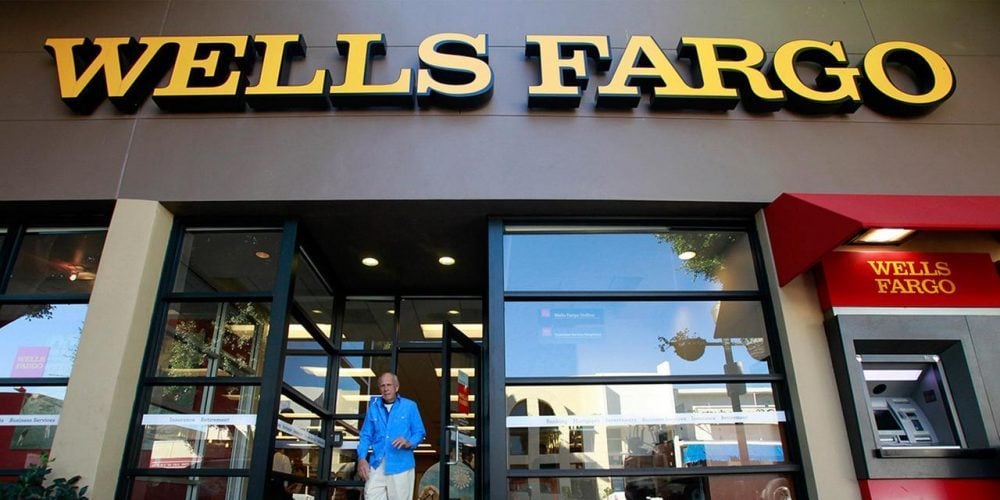Wells Fargo loses Better Business Bureau accreditation, what does that mean?

The most recent setback for Wells Fargo, who is still reeling from the recent account scandal, is the loss of their Better Business Bureau (BBB) accreditation. After paying the federal government a $185 million fine, countless hearings, and CEO John Stumpf stepping down, Wells Fargo is still taking hits.
The BBB cited government action(s) against Wells Fargo as the factors that affected their rating, most notably the unauthorized accounts filed by the CFPB. After being lowered to a C- by the BBB, Wells Fargo officially lost their accreditation and can’t get it back for another three years. So what does this mean for Wells Fargo anyway? Or for that matter what does a BBB rating mean for any business?
It meant enough for Wells to issue a formal response on how they are working “hard to restore [their] customers’ trust and are focused on proving the best service,” to their customers. The entire statement was focused on rebuilding trust, which is appropriate as that is what the Better Business Bureau deals in. According to the BBB, their seal signifies that said business meets their principles of trust “to the highest standards of business ethics.”
So is getting accredited by the BBB something that all small business should do? If you are accredited, you do get some perks. They push more business to you by offering services that help consumers find you. You can find them here. Recently, there is an interesting argument on whether being accredited is worth the cost and continued effort. Besides having to pay a yearly fee, you also have to meet certain standards to keep your accreditation.
I recently read an article from 2009 by marketing blogger David Risley, that spoke on just this. He explained that there was one reason he initially sought out accreditation: trust. He wasn’t interested in the referrals or review features they offered, given his already high online presence. The reason I enjoyed this article so much is that he added an update in 2014 explaining how he now felt about the BBB. By that point he had already dropped his membership with them after concluding it was no longer useful. He didn’t feel it was increasing his business and found no point in continuing with them.
It really comes down to personal choice. A BBB accreditation does have perks to offer, but you have to decide whether or not those perks make it worth your while. Plenty of community financial institutions have a seal, and many do not. Wells Fargo might have lost their accreditation, but many big banks such as Citigroup or Morgan Stanley have never been accredited. For all that has happened with Wells Fargo recently, this probably won’t mean anything other than bad press. I don’t suspect they will see a drop in business by not being allowed to display a seal.

